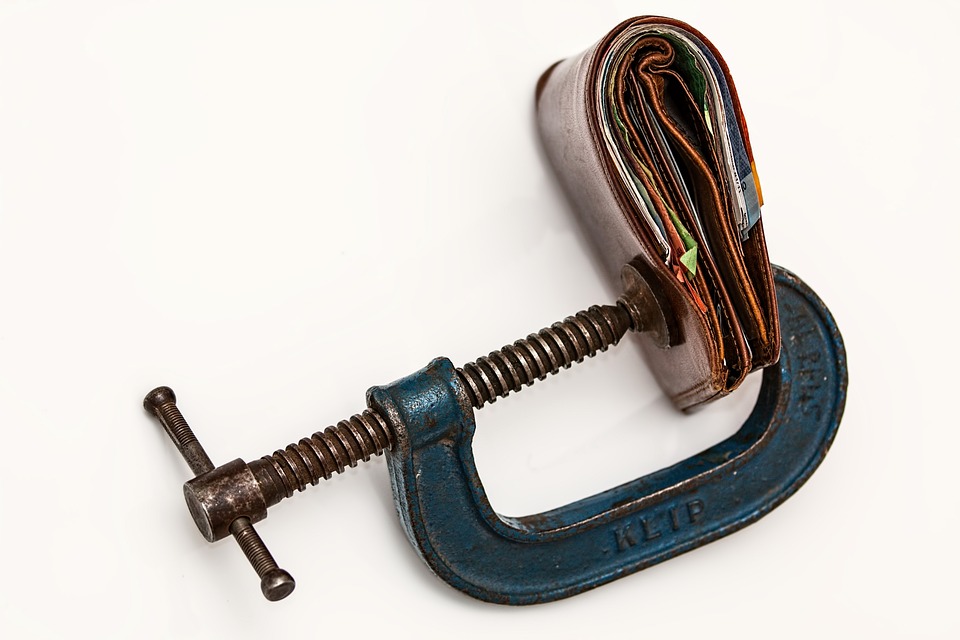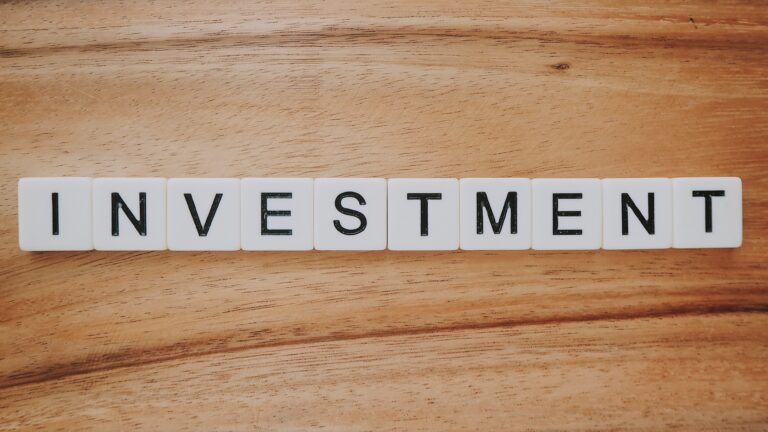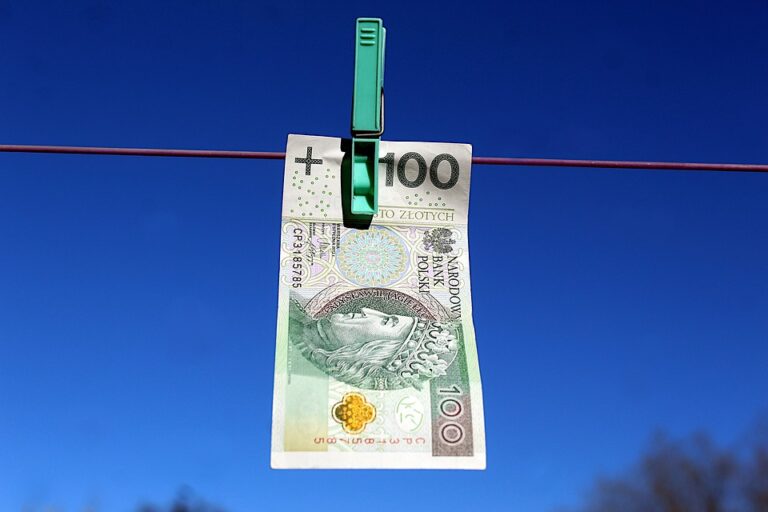Last updated Jun. 23, 2024 by Peter Jakes
Installment Loan vs. Pawn Shop: What’s the Best Choice for You?
When faced with a financial emergency, people often find themselves weighing the pros and cons of various borrowing options. Among the most common are installment loans and pawn shop loans. Both can provide quick access to cash but come with different advantages and potential drawbacks. Which is the better option for you? This article delves deep into the differences between installment loans and pawn shop loans, exploring their pros, cons, and suitability for different financial situations.
What Are Installment Loans?
An installment loan is a type of loan that is repaid over time with a set number of scheduled payments. The term of these loans can range from a few months to several years. Typical examples include personal loans, auto loans, and mortgages. One of the most significant benefits of installment loans is their predictability—borrowers know exactly how much they need to pay each month.
Pros:
- Fixed Payments: Less risk of payment shock as payments are consistent.
- Builds Credit: Regular, timely payments can improve your credit score.
- Flexible Usage: Can be used for various needs—education, medical expenses, or unexpected emergencies.
Cons:
- Qualification Requirements: Often need a good credit score and steady income.
- Interest Rates: Depending on your credit score, interest rates can vary widely.
- Debt Commitment: Long-term financial commitment that could be burdensome if your financial situation changes.
What Are Pawn Shop Loans?
Pawn shop loans, or pawn loans, involve taking an item of value to a pawn shop and using it as collateral for a short-term loan. The amount you can borrow is usually a fraction of the item’s resale value. If you fail to repay the loan, the pawn shop keeps the item and sells it to recoup their investment.
Pros:
- No Credit Check: Your credit history is irrelevant, making it easier for anyone to qualify.
- Quick Cash: Instant availability of funds.
- No Debt: If you can’t repay the loan, you simply give up the item used as collateral. There are no further financial repercussions.
Cons:
- High Interest Rates: These can be very high, making them costly if not repaid quickly.
- Risk of Losing Possessions: Failure to repay results in the loss of your valuable item.
- Loan Amounts: Usually limited to the resale value of the item used as collateral, which is often less than anticipated.
✓ Short Answer
Installment loans and pawn shop loans provide quick access to cash but differ significantly. Installment loans offer predictable payments and can build credit but come with long-term commitments. Pawn shop loans offer instant cash with no credit check but pose the risk of high-interest rates and losing your collateral. Consider your financial situation and needs to choose the best option for you.
Choosing the Right Option for You
Evaluate Your Financial Situation: Before deciding on an installment loan or a pawn shop loan, assess your financial health. Can you commit to a long-term repayment plan, or do you need a short-term solution?
Speed of Access: If speed is of the essence, pawn shop loans provide almost instant access to funds. Installment loans may take more time to process, especially if you need a high amount of financing that requires rigorous credit and background checks.
Credit History: Your credit history can play a crucial role. If you have a poor credit score, an installment loan might be out of reach, making a pawn shop loan a more viable choice. Conversely, if you have a good credit score, you might benefit more from the favorable interest rates and terms of an installment loan.
Risk Tolerance: Pawn shop loans carry the risk of losing your item if you fail to repay the loan. If you’re attached to the item or if it’s irreplaceable, this could be a significant deterrent.
Purpose of the Loan: Determine why you need the loan. Installment loans are more suitable for significant, planned expenses like home renovations or medical bills. Pawn shop loans are better for immediate, smaller needs.
Interest Rates: Compare the interest rates and overall cost of both options. Installment loans generally offer better interest rates for individuals with good credit scores. However, interest rates for pawn shop loans can quickly accumulate, significantly increasing the cost of borrowing.
Conclusion
Neither option is inherently better; the best choice depends on your unique circumstances. An installment loan may be the way to go if you have a stable income, a good credit score, and can commit to a long-term financial plan. On the other hand, if you need quick cash without a credit check and don’t mind risking your collateral, a pawn shop loan could be the solution.
Both financial solutions come with their pros and cons, and understanding these can help you make a more informed decision that aligns with your financial health and goals.
FAQs
Q1: What are the typical requirements for obtaining an installment loan?
A: Requirements usually include a good credit score, proof of income, and sometimes a co-signer. Documentation like bank statements, tax returns, and employment verification might also be needed.
Q2: How quickly can I get an installment loan?
A: While some lenders offer quick approvals and funding, it can take anywhere from a few hours to several weeks, depending on the loan amount and your credit profile.
Q3: What happens if I default on an installment loan?
A: Defaulting can severely impact your credit score. The lender might also take legal action to recover the debt, leading to potential wage garnishments or the seizure of your assets.
Q4: Are pawn shop loans taxed?
A: Generally, pawn shop loans are not considered taxable income. However, you should consult with a financial advisor for advice specific to your situation.
Q5: Can I renegotiate the terms of a pawn shop loan?
A: Some pawn shops may offer extensions or renewals, but this usually comes at an additional cost. Always ask about these options upfront.
Q6: What types of items can I use as collateral for a pawn shop loan?
A: Many items can be used as collateral, including jewelry, electronics, musical instruments, and collectibles. The item’s value will determine the loan amount.
Q7: Is it possible to get an installment loan without a credit check?
A: Few lenders offer no-credit-check installment loans, but these usually come with higher interest rates and less favorable terms. Ensure you thoroughly review the loan agreement.
Q8: How are interest rates calculated for pawn shop loans?
A: Interest rates are generally higher and compounded monthly. The exact percentage can vary depending on the pawn shop and local regulations.
By comparing these two financial options carefully, you can make an informed choice that best suits your needs and sets you on a path to financial stability.







